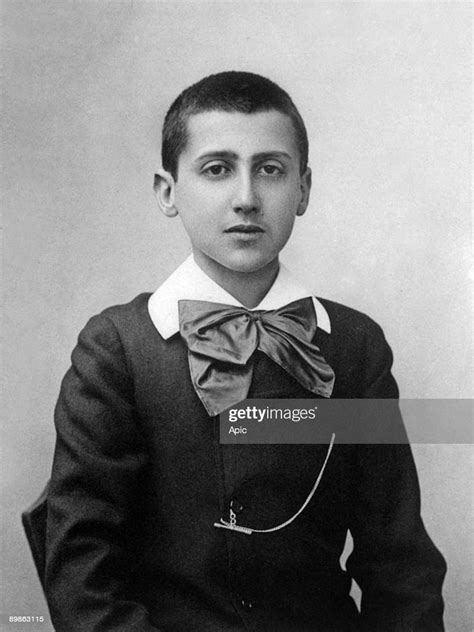A Quote by George Edward Woodberry
Shakespeare is, essentially, the emanation of the Renaissance. The overflow of his fame on the Continent in later years was but the sequel of the flood of the Renaissance in Western Europe. He was the child of that great movement, and marks its height as it penetrated the North with civilization.
Related Quotes
In western civilization, the period ruled by mysticism is known as the 'Dark Ages' and the 'Middle Ages'. I will assume that you know the nature of that period and the state of human existence in those ages. The Renaissance broke the rules of the mystics. "Renaissance" means the "rebirth". Few people today will care to remind you that it was a rebirth of reason - of man's mind.
I have been interested in the 12th century since my 20s when it was very fashionable to say of anybody with whom you disagreed, which was basically anybody over the age of 30, "One of the great minds of the 12th century", and one day I thought, "I don't know anything about the 12 century." So I started buying books, reading about it, and I discovered it was a period of great flowering, it was a Renaissance before what we think is the Renaissance, the Italian Renaissance of the 16th century.
So-called Western Civilization, as practised in half of Europe, some of Asia and a few parts of North America, is better than anything else available. Western civilization not only provides a bit of life, a pinch of liberty and the occasional pursuance of happiness, it's also the only thing that's ever tried to. Our civilization is the first in history to show even the slightest concern for average, undistinguished, none-too-commendable people like us.
The classic theology of my tradition comes from the French Renaissance. [William] Shakespeare was born in 1564, the year [John] Calvin died, and that theology was very influential in England in his lifetime. I think Shakespeare was attentive to questions raised by it, about human nature, history, reality itself. I find the two literatures to be mutually illuminating.
On the future of the U.S., or of Western civilization in general, I tend to be quite pessimistic. I would say that today I see most of the symptoms of societies on the brink of collapse, not just in the U.S., but in the tightly interconnected societies of Western civilization - now essentially world civilization.
There was this famous clash of civilization thesis from Samuel Huntington, a political theorist. And the idea was that Western civilization is at war with Islam and maybe some of the other civilizations around the world. And I don't agree with that. But I do think there is such a thing as Western civilization. I think it starts with the Greeks and the Romans. Then it goes through the Enlightenment - or the Reformation, the Enlightenment. It goes through the scientific age. And it somewhat defines some of the cultures and mores of Europe and North America and some other countries.
I think that Shakespeare had his male side and his female side extremely well developed. And this was a great quality of the Elizabethan, all-around Renaissance man. They were not afraid of their male side and their female side co-existing. This somewhere along the line got lost. And then it got misunderstood.


































